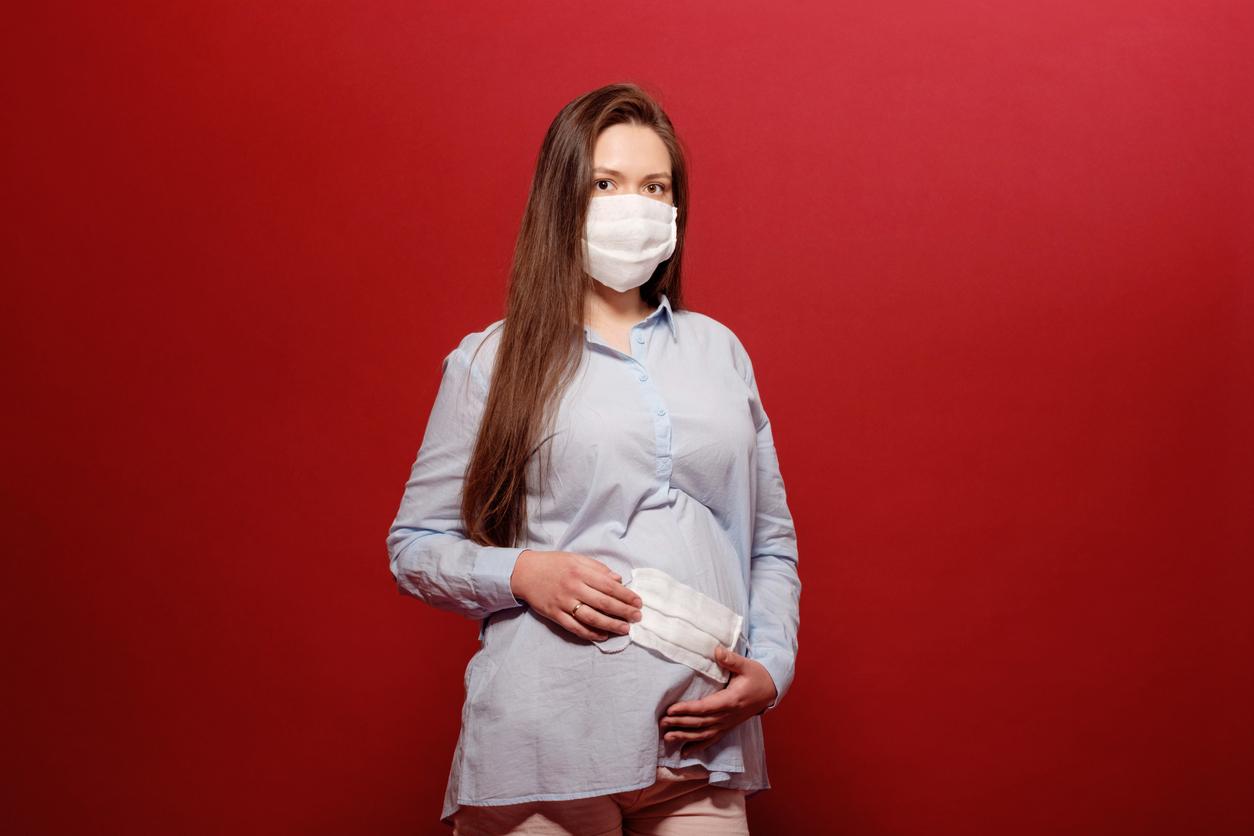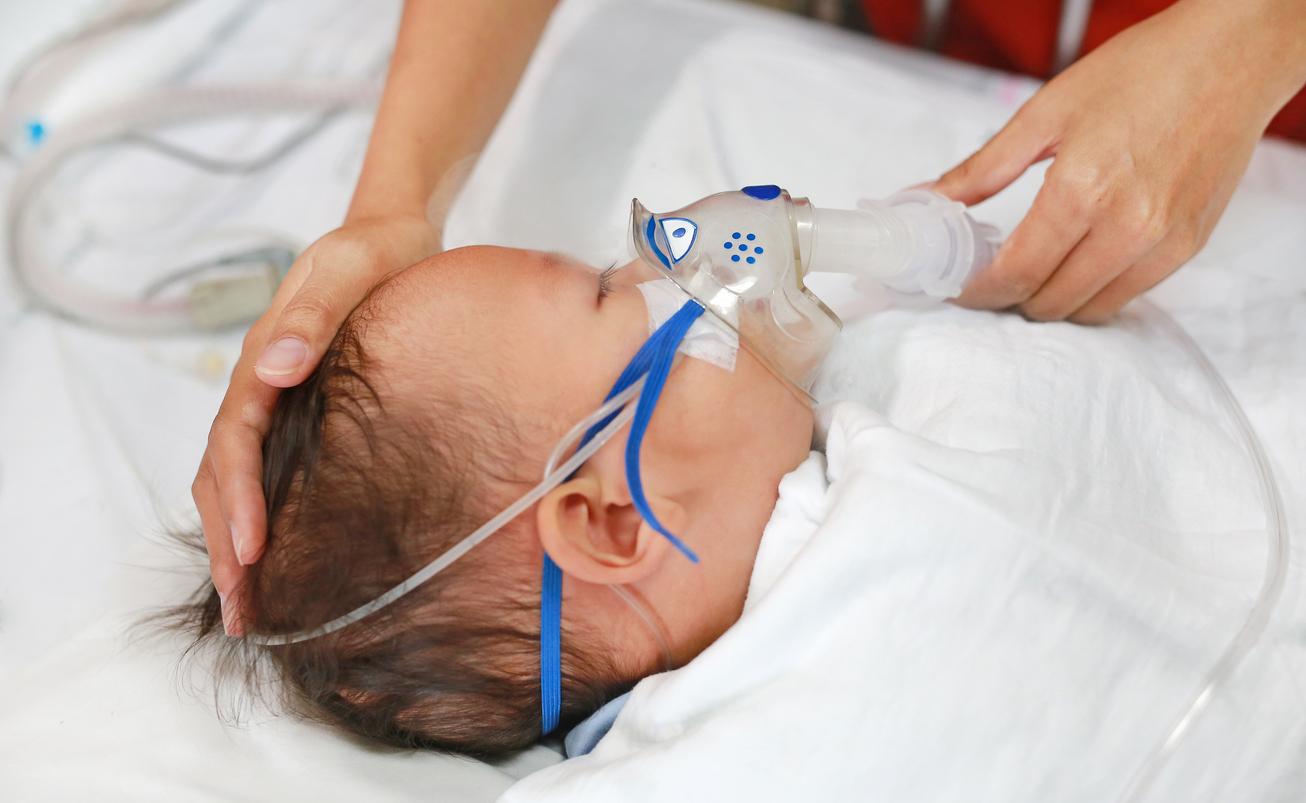Breastfeeding and vaccination of infants would be responsible for a significant decrease in the number of ear infections in the smallest.

Ear infections are the leading cause of doctor visits, prescriptions for antibiotics, and surgery for children. But since the early 1990s, infection rates among younger children have declined. A decrease which could be explained by the fact that babies would be less exposed when they were breastfed and vaccinated, say American researchers.
The study, carried out at the University of Texas and published in Pediatrics, focused on the follow-up of 347 babies aged between one month and one year, between 2008 and 2014. By comparing the number of ear infections of these infants with those of the studies of the end of the 1980s and the beginning of the 1990s, the researchers noted a significant drop in their prevalence.
The rate of babies having had an ear infection would have fallen from 18% to 6% at 3 months, from 39% to 23% at 6 months and from 62% to 46% at one year. A significant and encouraging drop, as children who had ear infections in their first six months of life are more likely to have recurring relapses later, the researchers say.
Protection against infections
“It is likely that the health campaigns of the last decades, such as vaccination against pneumococcus and influenza or reducing exposure to tobacco, have played a role in lowering the incidence of ear infections.” , says Tasnee Chonmaitree, professor of pediatrics at the University of Texas, and lead author of the study.
But it is prolonged breastfeeding that focuses the attention of researchers. It has been associated with a significant reduction in colds and their common complication, ear infections. “We have clearly shown that repeated respiratory infections, the presence of nasal bacteria and the absence of breastfeeding represent major risks of ear infection,” adds Professor Chonmaitree.
Breastfeed for up to six months
In the United States, the location of the study, the breastfeeding rate is 80%. More than half of women still breastfeed after 6 months, and almost a third after one year. These figures, all up by at least 10% since 2002, therefore explain these good results.
In France, the National Health Nutrition Program recommends breastfeeding “exclusively up to 6 months, and at least up to 4 months for health benefit”. However, a study by the National Institute for Sanitary Surveillance (InVS) revealed in 2013 that if 74% of mothers had started breastfeeding, they were only 40% at three months (half of which mixed breastfeeding and infant formula). , 23% at 6 months and 9% at one year. These figures make France one of the countries in Europe where women breastfeed the least and for the shortest time.
.

















